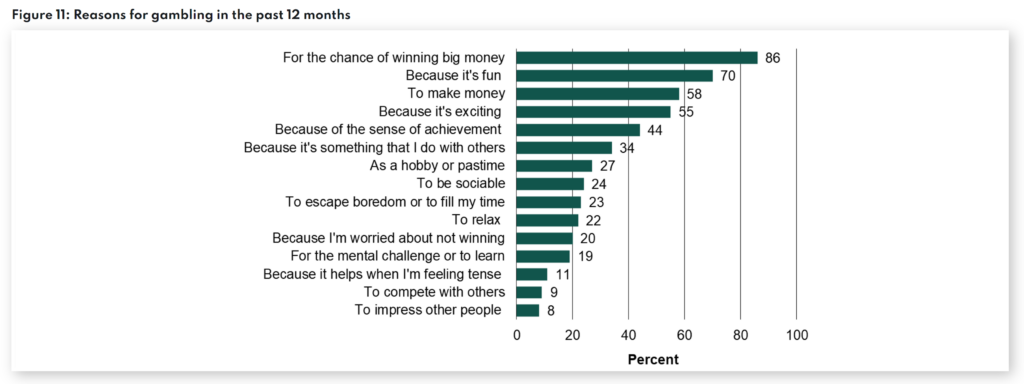Gemma Boore to moderate direct marketing roundtable at EGR London Summit during Safer Gambling Week
Senior Associate, Gemma Boore will be co-hosting a roundtable discussion at the EGR London Summit 2024, which takes place next week on 23 October 2024 at etc.venues Chancery Lane.
Gemma, alongside co-host David Murphy, Chief Marketing Officer at QiH Group, will moderate the roundtable, Direct marketing practice: striking the right balance for brand awareness and customer choice, during which attendees will share their perspectives on gambling marketing and advertising.
Gemma will share her legal perspective on the unique challenges faced by the gambling industry when marketing their brands. For example, the Gambling Commission’s proposals regarding direct marketing and cross-selling, which Gemma previously discussed in her blog: White Paper Series: Direct marketing and cross-selling in the crossfire. Further information and discussion regarding the Gambling Commission’s implementation of these proposals (which will come into force on 1 May 2025) can be found in our subsequent blog: Gambling Commission publishes Summer 2023 Consultation Response and Betting & Gaming Council announces New Industry Voluntary Code.
The EGR London Summit 2024 is an exclusive industry event and includes a full agenda of discussions throughout the day focussing on safer gambling strategies and broader regulatory updates.
For more information and to apply to attend, visit the EGR London Summit website.
